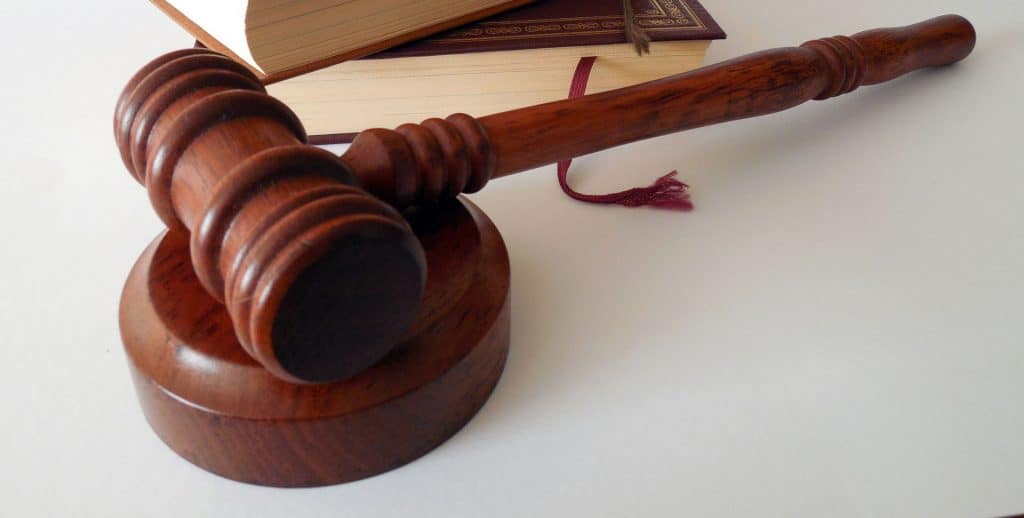
Valuers: damage limitation and how to avoid professional negligence claims
Wednesday 13th June 2018
Negligence claims are an almost inevitable part of working as a professional. You can’t be right all of the time, and mistakes happen.
The question is, how can you best avoid claims and limit your exposure when they do arise?
It’s really a matter of common sense, but here are some top tips:
Get the basics right. Who are you acting for? Who can rely on your report? What will your report cover?
Retainer letters can be an administrative headache. However, they can also be key in determining whether, and to what extent, you are liable if a claim does rear its head. So, it is important to get them right.
Valuers can sometimes be held liable to third parties as well as their own client for a negligent report. So, your retainer letter should be clear about who you are acting for. You should also think about expressly excluding liability to any third parties who might see your report.
Exclusion clauses won’t always work. They have to be fair and reasonable and they are more likely to be effective against commercial buyers than the “man on the street” buying an ordinary house. There is no harm in including them anyway though; if you don’t have an exclusion in there, then you have no chance of being able to rely on it.
Be clear about exactly what your work will and will not cover, so that there can be no question later on about whether you have done what you were instructed to do.
Keep up to date with professional standards
You won’t be negligent just because another valuer would have reached a different conclusion; valuation is recognised to be an art and not a science.
The starting point for the courts in deciding whether a report is negligent is often to work out whether the valuer acted in accordance with acceptable practices at the time. So, you need to be on top of these and keep up to date with any changes.
Update the client
If you are only instructed to carry out a limited appraisal of a property, but something revealed in your inspection causes alarm bells to ring, report back fully to the client and set out their options.
If you have a specific ground for suspicion, you should take reasonable steps to follow the trail until you have all reasonably available information to give your valuation.
Record in writing the dialogue with the client about any issues that do arise and what (if anything) you are asked to do about them.
Keep records
Generally, the time limit for professional negligence claims is six years from when the claimant relied on the report and suffered loss.
It is sometimes difficult to remember what happened last week, never mind six years ago. Keep good records, so that at a later date you can justify the conclusion you reached if you need to.
If you have relied on comparables, keep full records of them. Why were they appropriate? Why were others not? These are likely to be key to justifying the conclusion you reached.
If you become aware of a problem, burning everything is not going to help!
Where there is fraud or deliberate concealment, the time limit for bringing a claim is extended.
The six year time limit for bringing a professional negligence claim won’t start to run until the claimant discovers the fraud or concealment or could, with reasonable diligence, have done so.
So, burying your head in the sand (or worse, taking steps to cover up or destroy the evidence) isn’t going to make the problem go away and could make it much worse.
Notify your insurers
It is important to notify your professional indemnity insurer as soon as you become aware of a claim or circumstances that could give rise to a claim.
Often claims can be settled before Court proceedings are issued, and most settle before trial. However, that relies on engaging properly with the claim, so it is important not to ignore them.
Choice of solicitor
Usually, your professional indemnity insurer will appoint a firm of solicitors from their panel to handle the claim. You may though have the option to choose your own solicitor and we would be happy to discuss whether we can help with any claims or potential claims.
If you would like to discuss this further, please contact Frances Mitchell
